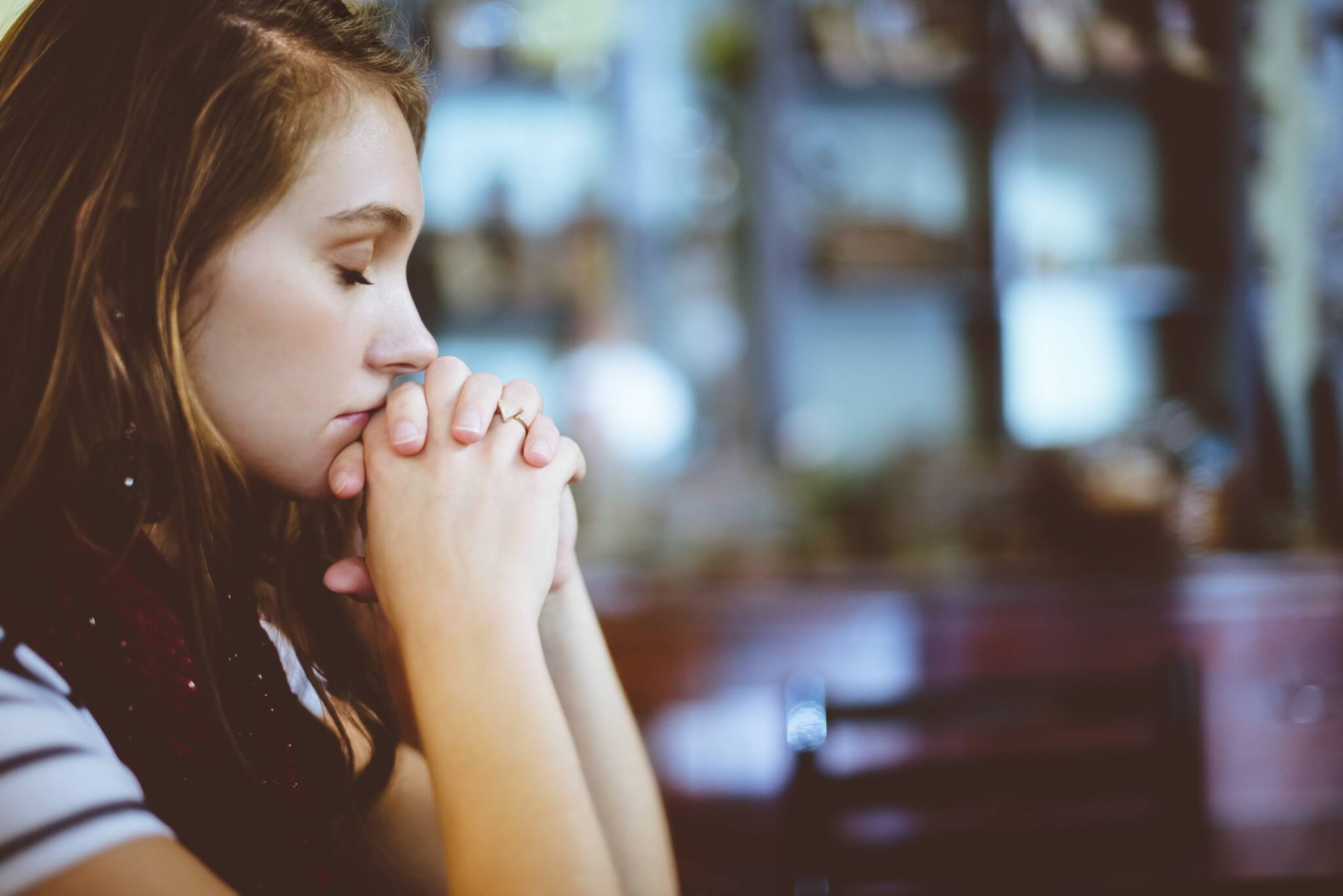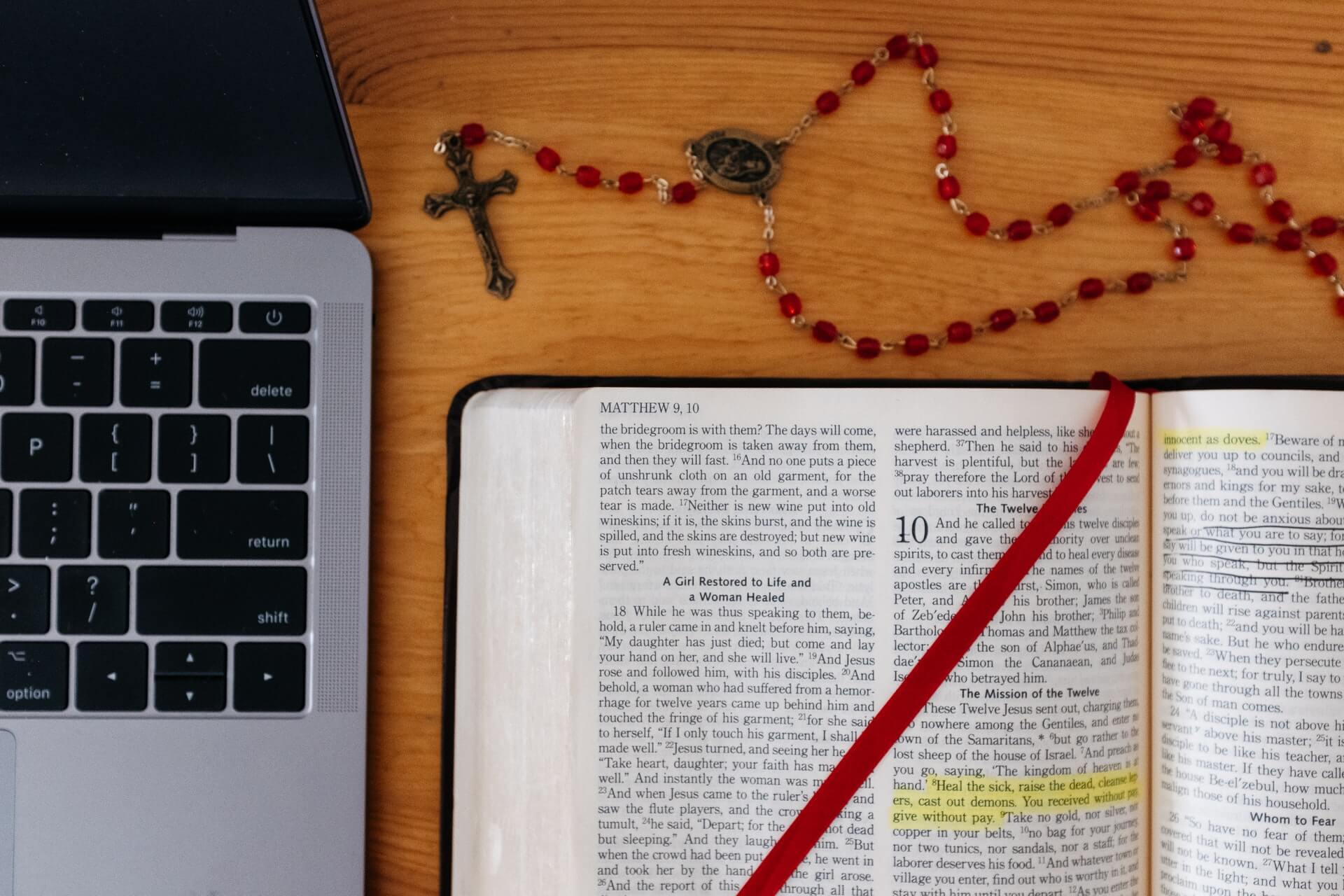🔑 Key Findings:
- Religious individuals coped with pandemic lockdowns better than their secular peers
- Non-religious people were twice as unhappy during the COVID crisis
- Closing places of worship significantly impacted religious individuals
CAMBRIDGE, United Kingdom — People who believe in God fared better mentally and emotionally during the height of the COVID-19 pandemic, a new study reports. Researchers from the University of Cambridge found individuals with religious faith in the United Kingdom reported experiencing lower levels of unhappiness and stress compared to those without religious affiliations during the lockdowns in 2020 and 2021.
This revelation aligns with another Cambridge study that observed a similar trend in the United States, suggesting that religious belief may have served as a protective barrier against the mental health impacts of the pandemic. Economists at the University of Cambridge, who conducted these studies, argue that religious faith played a crucial role in mitigating distress and maintaining well-being amidst the global health crisis.
“Selection biases make the wellbeing effects of religion difficult to study,” says study co-author Shaun Larcom, a professor in Cambridge’s Department of Land Economy, in a university release. “People may become religious due to family backgrounds, innate traits, or to cope with new or existing struggles.

“However, the COVID-19 pandemic was an extraordinary event affecting everyone at around the same time, so we could gauge the impact of a negative shock to wellbeing right across society. This provided a unique opportunity to measure whether religion was important for how some people deal with a crisis.”
The study examined survey data from 3,884 U.K. residents during the first two national lockdowns, revealing that those who identified with a religion experienced a significantly lower increase in feelings of misery compared to their secular counterparts.
The intensity of one’s religious commitment, or “religiosity,” was found to be a key factor in coping with the crisis. Individuals for whom religion played a significant role in their lives saw about half the increase in unhappiness compared to those for whom religion was less central.
“The study suggests that it is not just being religious, but the intensity of religiosity that is important when coping with a crisis,” explains Larcom.
Researchers also noted that the closure of places of worship during lockdowns had a notably adverse impact on the well-being of certain religious communities, particularly Catholics and Muslims, underscoring the importance of communal religious practices in maintaining mental health during times of isolation.
Parallel findings from a U.S. study conducted in early 2021 with 5,178 participants showed that individuals who had experienced COVID-19 infections, either personally or within their immediate social network, reported a significant decline in well-being. However, this decline was less severe among people of faith, indicating that religious beliefs might provide psychological resources to bolster self-esteem, offer coping mechanisms, and facilitate social support through community practices.
The positive effects of religious participation were further highlighted in the U.S. context, where the strictness of lockdowns appeared to diminish the protective effects of religion, suggesting the importance of access to places of worship. The adoption of online religious services emerged as a significant factor, with those engaging in virtual worship reporting a considerably lower association between COVID-19 and adverse mental health outcomes.

“Religious beliefs may be used by some as psychological resources that can shore up self-esteem and add coping skills, combined with practices that provide social support,” says study lead author Sriya Iyer, professor in Cambridge’s Faculty of Economics.
These findings, according to Larcom, demonstrate the relationship between religious faith and lower levels of distress, proposing that faith builds resilience and offers hope, consolation, and meaning during tumultuous times.
The study is published in the journal European Economic Review.
